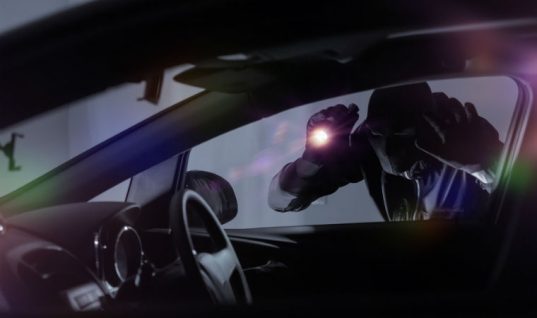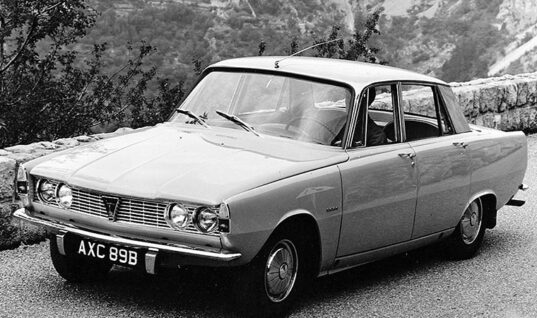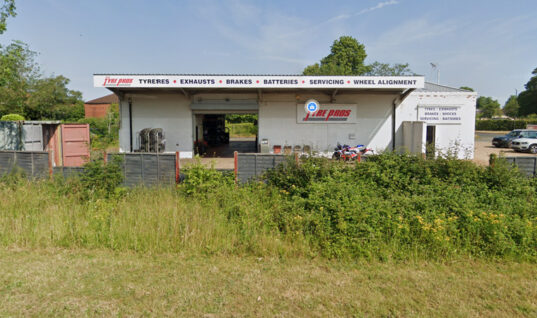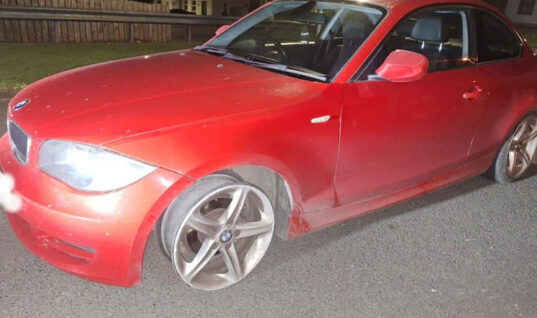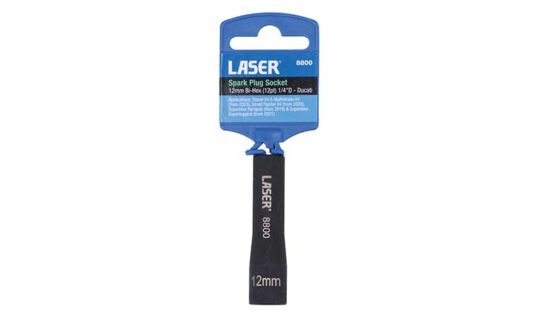First Line has issued advice to technicians looking to solve a diesel particulate filter (DPF) regeneration issue caused by failing OE pressure hoses on popular Ford vehicles.
The third-generation, 2.0-litre TDCi–engined Ford Mondeo, and associated S-Max and Galaxy derivatives produced from 2007 to 2014, feature a DPF coated with a platinum-based catalyst. The catalyst lowers the temperatures needed to start burning the carbon build-up in the DPF and is designed to last about 120,000 miles.
The Ford DPF is monitored by a differential pressure sensor that checks for conditions where the filter may become overloaded. However, the sensor is attached with rubber hoses that can fail due to high temperature fluctuations and cause incorrect sensor readings.
By exceeding the threshold for conditions in which the DPF may become overloaded, a Diagnostic Trouble Code (DTC) of P2002: Particle Filter Efficiency Below Limit may be thrown, causing technicians to consider expensive and potentially unnecessary DPF replacement.
If the first DTC is cleared by the technician and the car is driven away, but then exceeds the threshold at which the pressure sensor deems the DPF to be overloaded for a second time, this can disable the EGR valve and put the car in limp home mode, as the DPF is likely full and may now need to be replaced along with the any other components that have led to the failure.
Global sales director at First Line Ltd, Kevin Neaverson, said: “It is extremely unusual that a DPF will simply fail on its own, as it is just a filter. As with many issues that appear to be caused by a DPF that is full or not regenerating, it’s often a symptom rather than the cause. At this stage, the true fault needs to be identified so that the DPF can regenerate itself and continue to do its job.”
First Line recommends that if the vehicle is reporting engine codes relating to the DPF or differential pressure sensor, for example: P2002, P2453, or P2452, then there is a possibility that the differential pressure sensor hoses are the cause and require replacement.
The OE rubber hoses can become fatigued, hardened, brittle or scorched, which leads to the hoses failing, causing incorrect readings to the differential pressure sensor.
Neaverson added: “By inspecting the pressure hoses first, technicians can save the vehicle owner timely and costly repairs. This is simply a 45-minute job that requires the vehicle to be high on a ramp, so that access to the differential pressure sensor can be gained via removing the sub-frame cross brace as it is located just behind the engine.”
First Line’s pressure pipe (part FEH1000) replaces the OE reference 1440559 or 6G915H241AA and offers a durable pressure hose that can withstand the highly fluctuating temperatures and harsh working conditions, helping prevent failure and DTCs relating to DPF failure.


